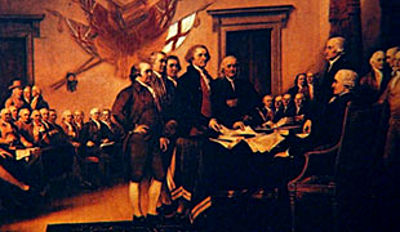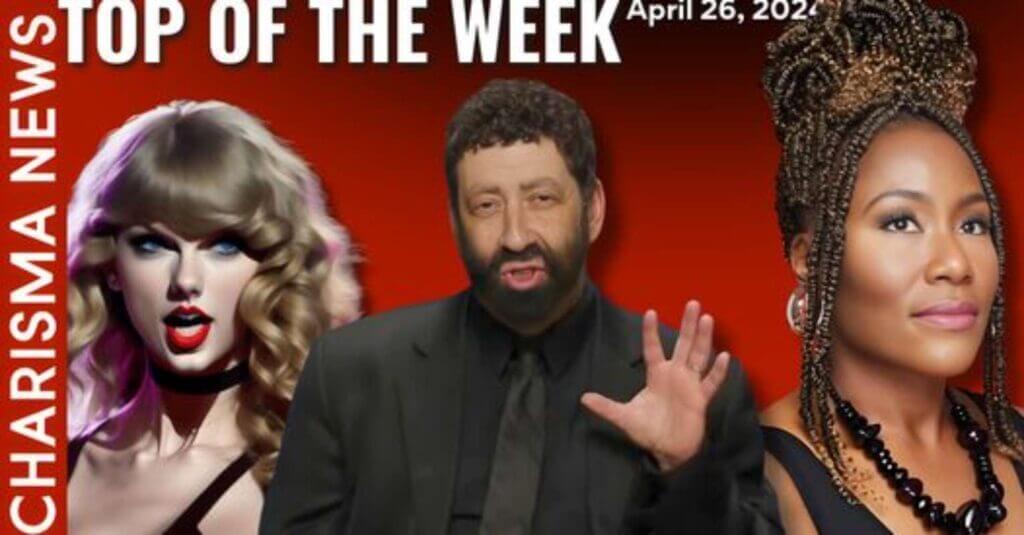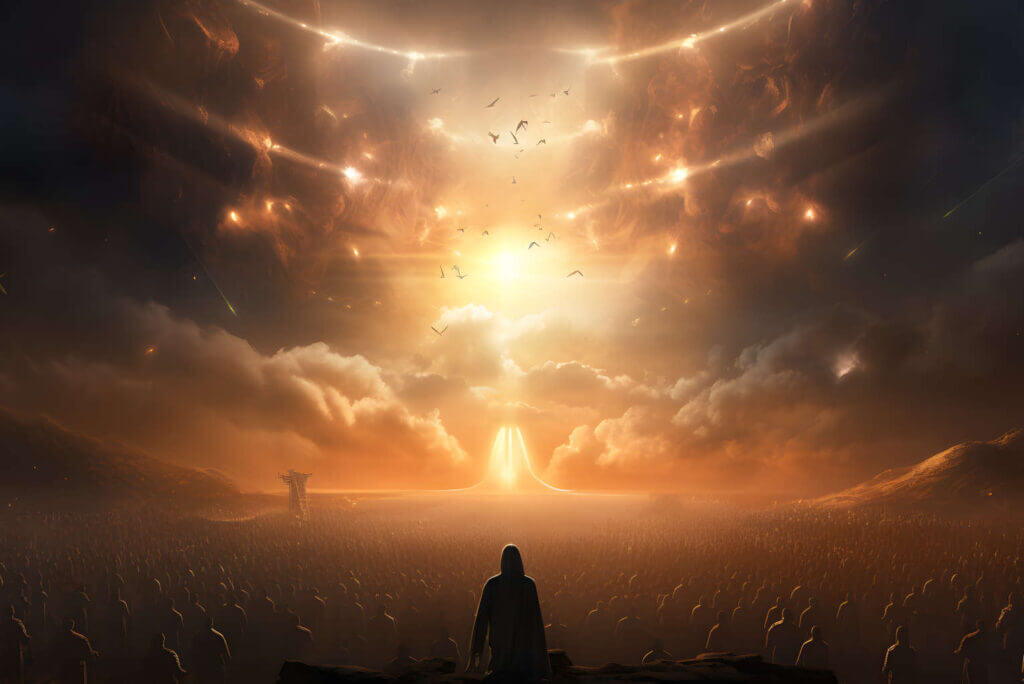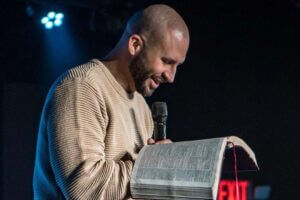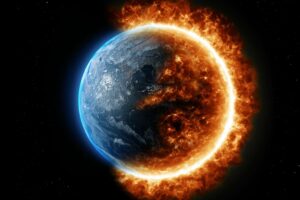One of the ongoing debates concerning the start of the American nation is whether the founders meant to establish a Christian nation. Many wonder today if we are disconnecting from our Christian foundation or reinterpreting the law to better reflect the secular intentions of our founding fathers?
Some argue America was not built on Christian principles and that even the founders had a weak faith.
What many don’t realize is that a massive revival broke out in the 1700s that left a radical mark on almost every founder.
Already, the Pilgrims had set a high spiritual standard with their 1620 covenant, the Mayflower Compact, to be a shining city on a hill to the world.
“They were very dissatisfied with the state of Christianity in the Old World,” the Rev. Eddie Hyatt, who outlines how Christianity shaped the nation in his book America’s Revival Heritage, said.
“They did flee persecution in the Old World, but they also came to America with a vision for seeing a renewal and a reformation of Christianity and seeing it implemented in this New World,” he said.
Living by Covenant, Not Kings
Hyatt explained the Pilgrims’ choice to live by covenant was also their way to declare no king or state religion would lord it over Americans.
“What this meant was they were not going to be ruled by a monarch or a dictator,” Hyatt said. “They were going to be ruled by laws on which they all agreed upon.”
Decades later, when William Penn and the Quakers moved into Pennsylvania, Hyatt explained they came with an intense vision.
“That the people would be self-governing from within by the love of God and by an inner moral compass guided by the New Testament,” he said. “The more that they would be governed from within, the less outward government that they would need.”
The Quakers proceeded to avidly live out this belief that men should be ruled from within by God, not from without by government.
“An official from England came trying to find the government for Philadelphia, and he had trouble finding it,” Hyatt said. “And when he did find it, there was nobody there because the governing council only met once or twice a year as they felt there was a need.”
Here was another cornerstone of freedom and liberty being laid: the vision of moral men governing themselves in a land of extremely limited secular government.
But a problem for the colonies was that as they moved into the 1700s, their spiritual fervor was rapidly dying down. So desperate believers began to pray for revival.
Hyatt said both churches and governments joined in this effort. He pointed to the writings of a Puritan pastor in that era, William Cooper.
“He said from sabbath to sabbath they were praying specifically for an outpouring of the Holy Spirit and that God would revive his work,” Hyatt explained. “Most of the churches set apart days to seek the Lord by prayer and fasting. Even the civil governments were concerned and they appointed days of fasting and prayer.”
The First Great Awakening
The prayers were answered and this revival, known as the First Great Awakening, hit from the 1720s to 1760s.
The Rev. Jonathan Edwards, known mostly today for his scorching sermon, “Sinners in the Hands of an Angry God,” was right in the middle of this revival.
Edwards was a child prodigy, starting Yale at age 13 and graduating at the top of his class at the age of 17. He was known to pray and study his Bible 13 hours a day.
This colonial pastor watched revival take over his hometown in western Massachusetts.
“The way he describes it: one day God invaded the town of Northampton,” Hyatt said. “The town seemed to be full of the presence of God.”
The bars emptied out and Edwards’ home as well as other Christians’ homes filled with people anxious to be saved and know God.
Visitors to the town spoke with amazement about the holy atmosphere they experienced blanketing the town.
“If you came across someone who seemed to be spiritually indifferent, it would be spoken of as a strange thing,” Hyatt quoted Edwards.
Other towns and regions were also experiencing this spiritual outbreak, but then the powerful English preacher George Whitefield brought his fiery sermons to America.
Scorned by the established church, he preached salvation to huge multitudes outdoors. Crowds from 10,000 to as many as 30,000 showed up.
“During this time there were it seemed entire towns repenting and turning to God,” Hyatt said. “It was an incredible movement to Christianity.”
See an error in this article?
To contact us or to submit an article


